This article is an opinion piece and does not necessarily reflect the views of the Daily Dot.
A few days ago, a relatively popular white person compared a non-white person to a fictitious monkey. This prompted predictable discussions about racism, censorship, free speech and the white middle class’s favourite: ”political correctness gone mad.” Amid all the hand-wringing, the offender apologized. And, as he was relatively popular, this seemed sufficient to satisfy all parties.
If you think I’m referring to George “HotshotGG” Georgallidis, you’re are most likely spending too much time thinking about League of Legends. I am of course referring to Zach Braff, who, at Sunday night’s Grammy’s, compared musician Pharrell Williams to the simian bellhop he voiced in the prequel nobody wanted, Oz the Great and Powerful.
Samuel L. Jackson summarized this as “the killing of one’s soul little by little, day after day.”
Pharrell’s performance was as politically charged as any musician is likely to be able to get away with at the Grammys. Dancers in black hoodies—a reference to the shooting of Trayvon Martin—adopted the “hands up, don’t shoot” pose that became a mantra in the Ferguson protests following Michael Brown’s murder at the hands of police. Given this overt statement regarding race relations in America, it seems bizarre that Braff would have missed the fact that the bell-hop outfit was also most likely a reference to history of black servitude. Clearly, we weren’t supposed to be laughing at the outfit. We were supposed to feel as uncomfortable as many of us did.
“Oh but he’s alright that Braff,” the fans insisted. “He even co-starred alongside one of the them lot for years in a fictitious homoerotic relationship. He can’t possibly be guilty of racism. That’s how it works.”
Was the joke Braff made racist? There is no way to definitively answer that question. One of the major problems with tackling racism is that it was, and is, so entrenched in our history that it has become an almost blasé part of the landscape. Those who think they’re entirely innocent of such repulsive sensibilities often talk about the importance of intent—the idea that it’s the meaning behind the words that matter more than the words themselves. They occasionally bring up free speech, something we value so much it is often used as a shield to obscure racist rhetoric. And they’ll also often claim that the “racism” charge is being used to deflect valid criticism. This is commonly referred to as “pulling the race card” as if that card wasn’t on the table all along in what’s inarguably a rigged game.
Sure, some people may find racism where there is none. But the sad reality is you really don’t need to look hard to find. Identifying “intent” makes the most overt racism abundantly clear, but it doesn’t cover the smaller ways in which a racial divide can exist. Samuel L. Jackson summarized this as “the killing of one’s soul little by little, day after day” which he also said was “a lot worse than someone coming in your house and lynching you.” This is commonly referred to with the misleading label “casual racism,” and it’s generally how most people experience racism.
The perpetrators aren’t trying to hide anything. For the most part they don’t identify themselves as racist at all. That security guard who has racially profiled a young black person and made the decision to follow them through the aisles of the shop they entered in no way thinks they are a racist. If confronted they might swear, and believe it too, that they would do the same for a white person. Maybe they would. But the forethought that went into the actions would almost certainly be different. The same goes for the taxi drivers that don’t stop, the bankers that won’t approve loans and the people who cross the street to avoid imagined encounters.
So it is for anyone who makes the ape comparison. You can call anyone an ape and it might not be at racist. It means something different depending on who says it and who they’re saying it about. The comparison doesn’t exist within a vacuum of racial equality, divorced from the history that brought us to the present. Rather, it will always be steeped in prejudice and will have its deepest roots grounded in the racist ideologies of bygone eras.
One rule for the popular, one for the iconoclasts.
Historically, the monkey comparison was used to reinforce an idea of white superiority, that non-whites operated on the intellectual level of animals. It is a particularly malignant comparison because there is an implied inhumanity to the recipient, that, as one might say of chimpanzees, that “they are like us but not quite.” No race was spared this particular comparison either. It’s been applied to Indonesians, black slaves, the Japanese in the aftermath of Pearl Harbor, black athletes pelted with bananas, and all the way through to President Barack Obama’s inauguration photos published by Belgian “newspaper” De Morgen.
If you needed any further convincing about the damaging nature of this comparison over time, read up on studies by UCLA professor Phillip Atiba Goff. Much to his own disappointment, Goff demonstrated that white people who were primed with images of black people were able to identify video footage of an obscured animal as an ape a whole three seconds faster than those who’d instead just viewed images of white people.
“When I first analyzed the data, I spent two days under the covers,” he told the Pacific Standard. “I was sick and depressed. When I left my apartment, I felt everyone looking at me would see a monkey.”
So, back to League and June of last year specifically. A furor started after veteran journalist and esports historian Duncan “Thorin” Shields made a comparison between the personality of Team SoloMid owner Andy “Reginald” Dinh and that of the anthropomorphized leader of the ape rebellion in the science fiction movie Rise of the Planet of the Apes, Caesar.
Here’s the exact quote:
“We were actually having a show and there was this guy on the show, who I just remembered, he’s in this right hand box. He’s called Candy Panda… he loves Reginald by the way! If he ever gets the chance to be on TSM, he’s right there. He thinks [Regi] is a great man, motivational leader, again, possible father figure… see the way I talk the man up? [Reginald’s] Caesar. If this was ‘Planet of the Apes’, he’s Caesar. I had to go there, whatever, you know how I do that shit. But, again, I would allow Caesar to come on and say ‘Get your hands off me you filthy dirty ape’, if he said that to me, but he probably wouldn’t.”
I didn’t much think it a particularly racist statement at the time for a variety of reasons, none of which had any place in the ensuing debate. I know Duncan personally, and could have certainly talked about how I personally know him to not be a racist. But that is an awful, clunky defense. It’s like mentioning in passing that you have black friends in order to be excused from scrutiny. And fair enough, such character references are meaningless in the grand scheme of things.
To me, Shields was clearly talking about Caesar’s personality. And given the abundance of anthropomorphized characters from fable that we similarly take life lessons from, it didn’t jar me. Perhaps I’m like the people I highlighted earlier, blind to my own preconscious racism. I’d certainly hope not, but there’s always pause for thought when one is in the minority of ideas.
The decision showed a startling maturity from a community of mostly young adults and children.
My definitions are anything but definitive. No single person can create infallible criteria for determining what’s racist and what isn’t. At best, we arrive at that type of criteria through consensus, and even then it remains problematic. The majority of the community at the time made it clear that ape comparisons of any kind were not acceptable, and there had to be reprisals for anyone who made them. Many said it was no longer appropriate for Shields to remain in a paid role as an esports journalist.
Shields’ employers, OnGamers, issued a relatively swift apology. “We believe that this joke, and the implicit comparison of Mr. Dinh to an ape, is absolutely inappropriate and completely out of line,” it read. “We would like to apologize to Mr. Dinh, to TSM and to the community.”
It continued: “We believe that esports should be an inclusive community that is welcoming and tolerant of people regardless of race, gender, creed, appearance or anything else.”
Marc Merrill, Riot’s president, declared he was “very glad” to see the apology. Beyond that, not much changed. Shields was colored as a racist. He held on to his job, albeit with one of his nine lives now eliminated. Dinh didn’t dignify the event, later dubbed “apegate,” with a response. He has had to endure being compared to the character Wukong since it was added to the game in July 2011. Given that comparison has always been predicated, like those aforementioned racist caricatures, on his physical appearance, which in turn inform judgements about his personality (a modern day type of physiognomy), this was small potatoes.
The event did illustrate that the League of Legends community wouldn’t tolerate this type of language. The decision showed a startling maturity from a community of mostly young adults and children. The subsequent witch-hunting and harassment, however, did not. It was a classic example of how to ruin a worthy cause through unworthy deeds, something we often see in esports.
Fast forward to the Feb. 13, when Georgallidis paid unwitting tribute to Braff with an errant tweet.
He’d struck an agreement with Dinh that the loser of Sunday’s match between SoloMid and Counter Logic would have to dye his hair pink. Dinh joked that his counterpart would end up looking like one of the game’s female characters, Vi. Georgallidis rebutted by saying he felt the community would go “bananas” for “Pink Wukong.” He deleted the tweet about 30 minutes later, once it started to cause controversy.
It’s clear that this moment will live out the rest of its short existence under a carpet.
“Oh but he’s alright that Hotshot,” the fans insisted, in so many words. “He even costarred alongside one of them lot for years in a fictitious homoerotic rivalry. He can’t possibly be guilty of racism. That’s how it works.”
It was a strangely inconsistent reaction.
Where people had once mobilized to contact OnGamers’ parent company after the Shields incident, here there were calls for common sense and calm. People pointed to the diversity in the Counter Logic Gaming team and the relationship between the two team owners, something Georgallidis would later invoke in his apology. There were no calls for action from anyone, not Riot, not the sponsors—and all despite Riot being so vocal about “trash talk” between the two organizations in the past.
The tepid reaction to the ape comparison this time around ensured everyone got what they wanted. The game between the two teams, which Riot had hyped so much people would have been forgiven for believing it actually meant something, went off without any controversy. Counter Logic fans evaded any potential repercussions and brand damage. SoloMid were spared from being at the center of another controversy relating to the media, albeit not one of their making. Everyone seemed quite pleased with the decision to eschew the drama and to focus on what supposedly matters the most: the game.
But last time, wasn’t this about racism? I thought it was about drawing lines that we all agreed could not be crossed. I thought this was about preventing fiscal rewards going to people spouting anything that might be construed as racist. Most importantly, I thought this was about making esports an inclusive community that’s welcoming and tolerant of people regardless of race, gender, creed, appearance or anything else. That was what we wanted, wasn’t it? Right now I am as confused as your average GamerGater must be.
It’s no secret why this has happened. There are few better ways to demonize someone than to label them a racist. If that sticks, there are fewer things more damaging to someone’s career. And rightly so. That reaction is so fearsome as a necessity, because racism itself is deplorable, inexcusable, and indefensible.
But it seems we only want severe penalties applied to people we don’t like, those who are either risible characters already or people who give us reasons to dislike them: the super wealthy, the opinionated, the hypocritical moralists.
Values are meaningless when they aren’t applied consistently. This article isn’t about just this one instance, nor is it a call for action for punishment. It’s clear that this moment will live out the rest of its short existence under a carpet. What it illustrates is something to think long and hard about. Namely, are we willing, collectively, to be that flexible with our values depending on who is testing them? The answer seems to be yes. One rule for the popular, one for the iconoclasts. And along with that, the depressing realization that none of it was ever really about racism at all.
Photo via Riot Games/YouTube



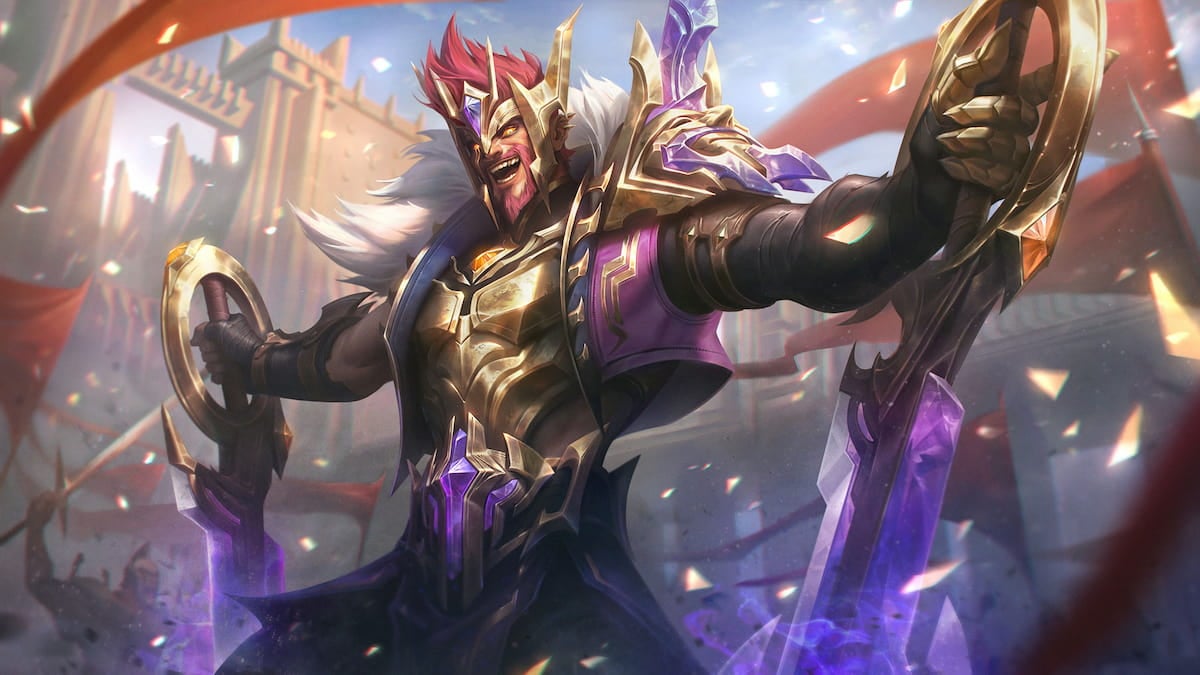
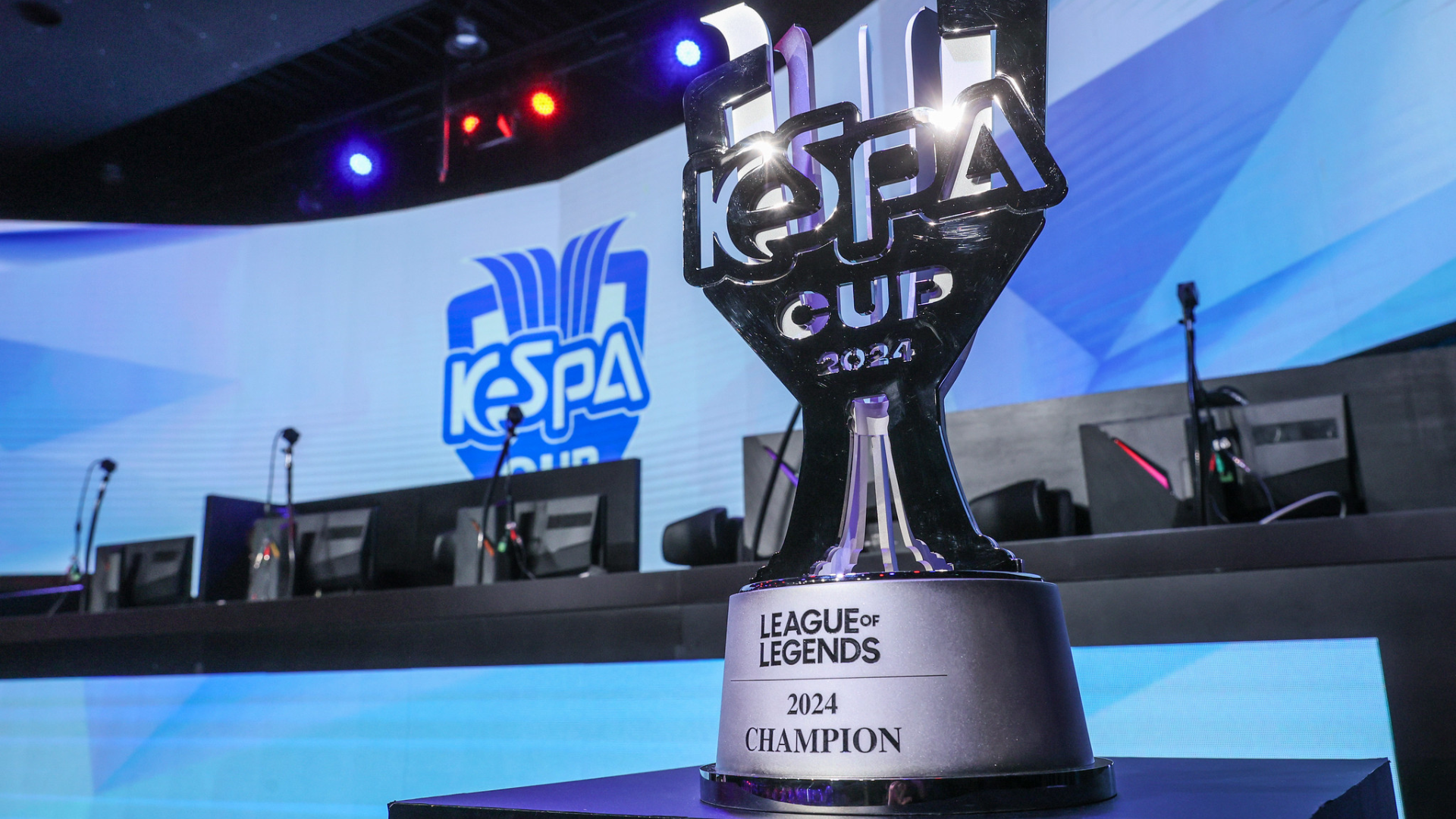
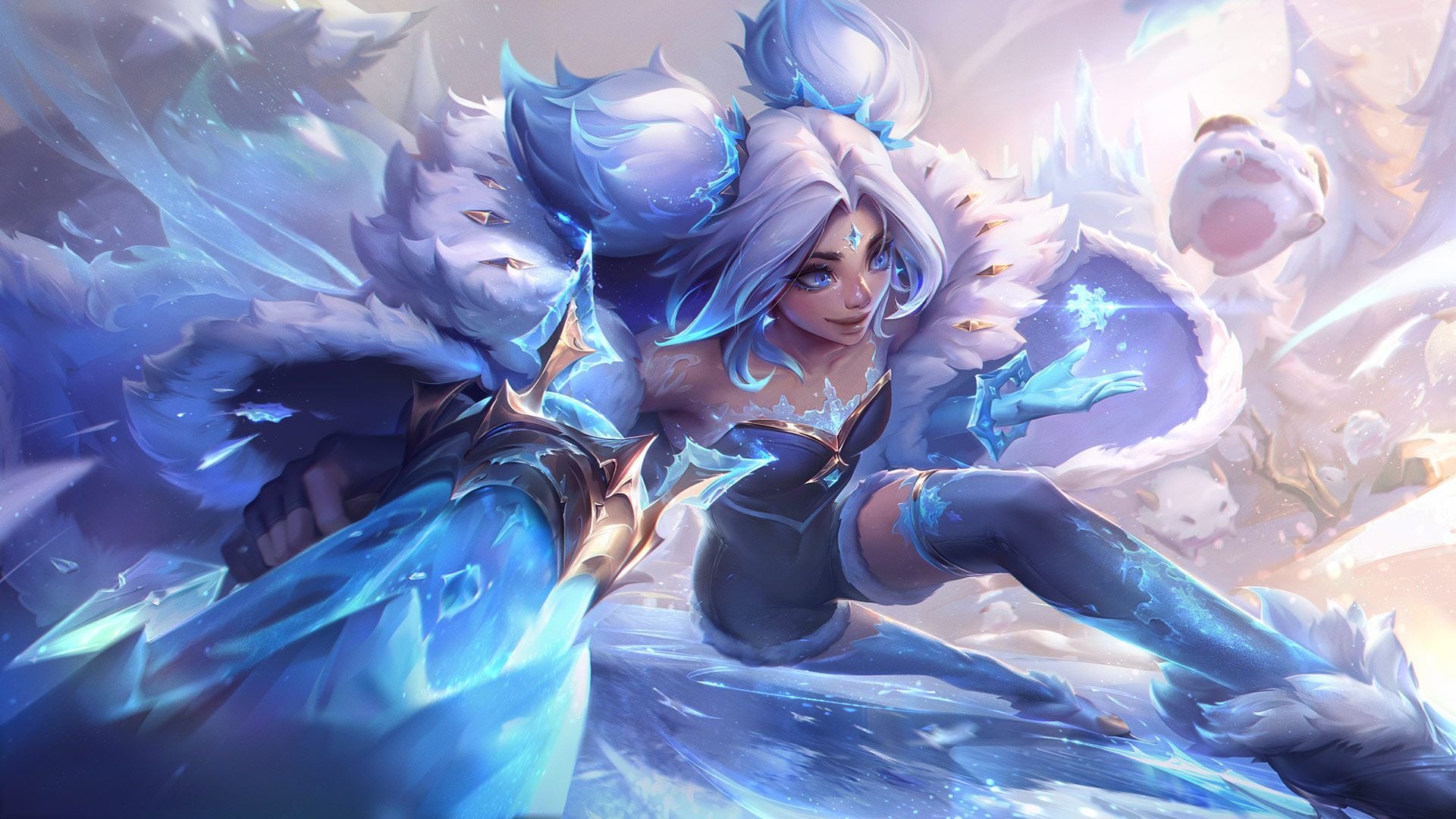

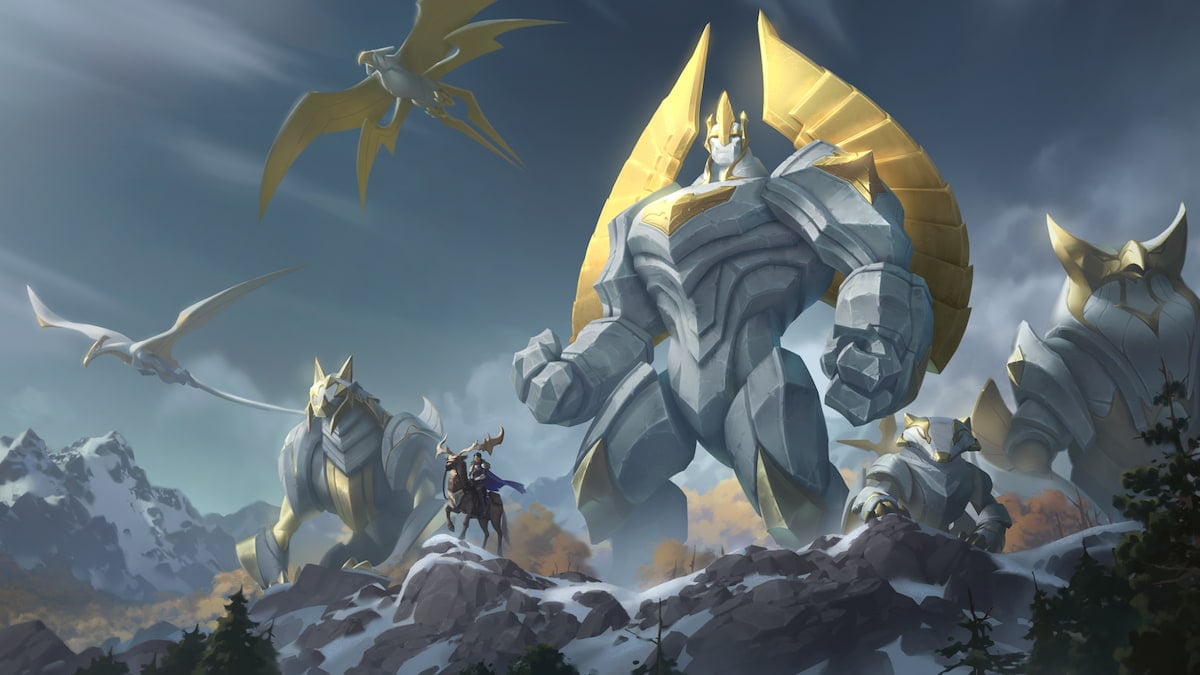
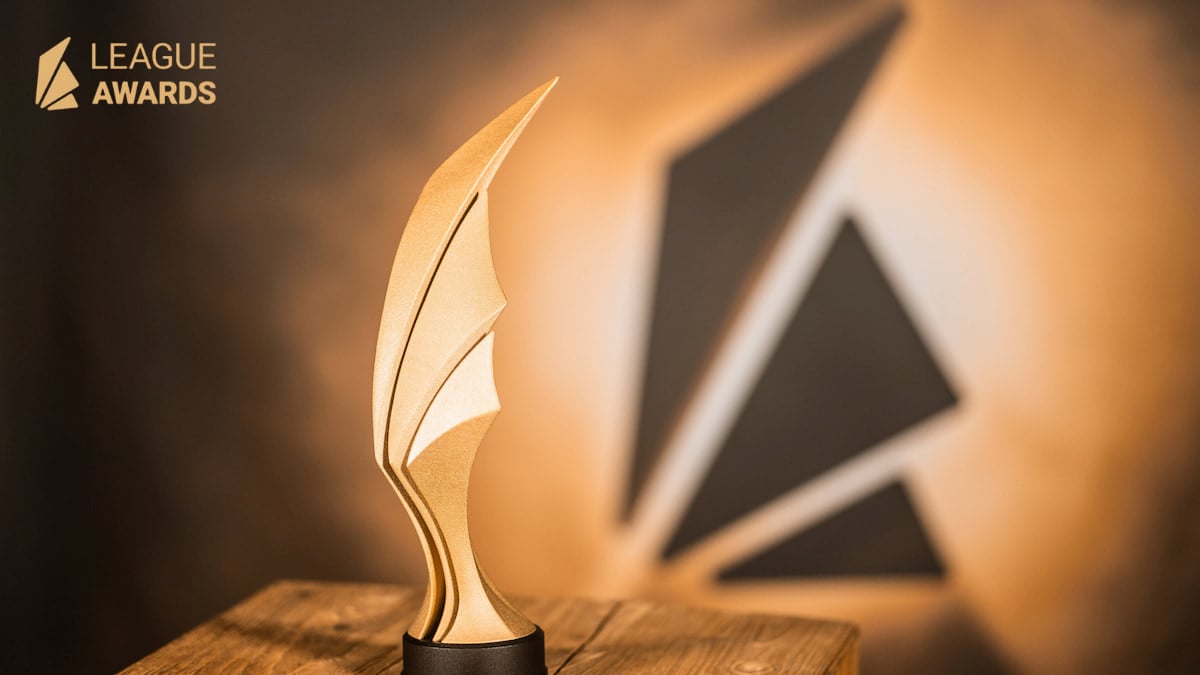
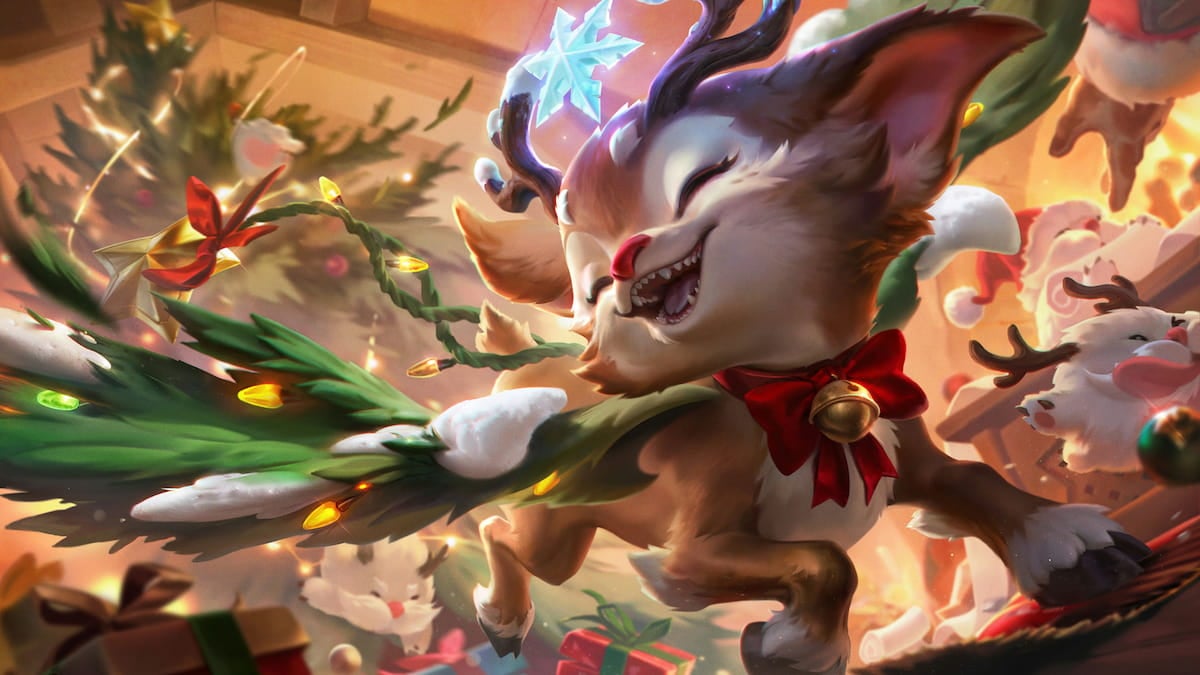
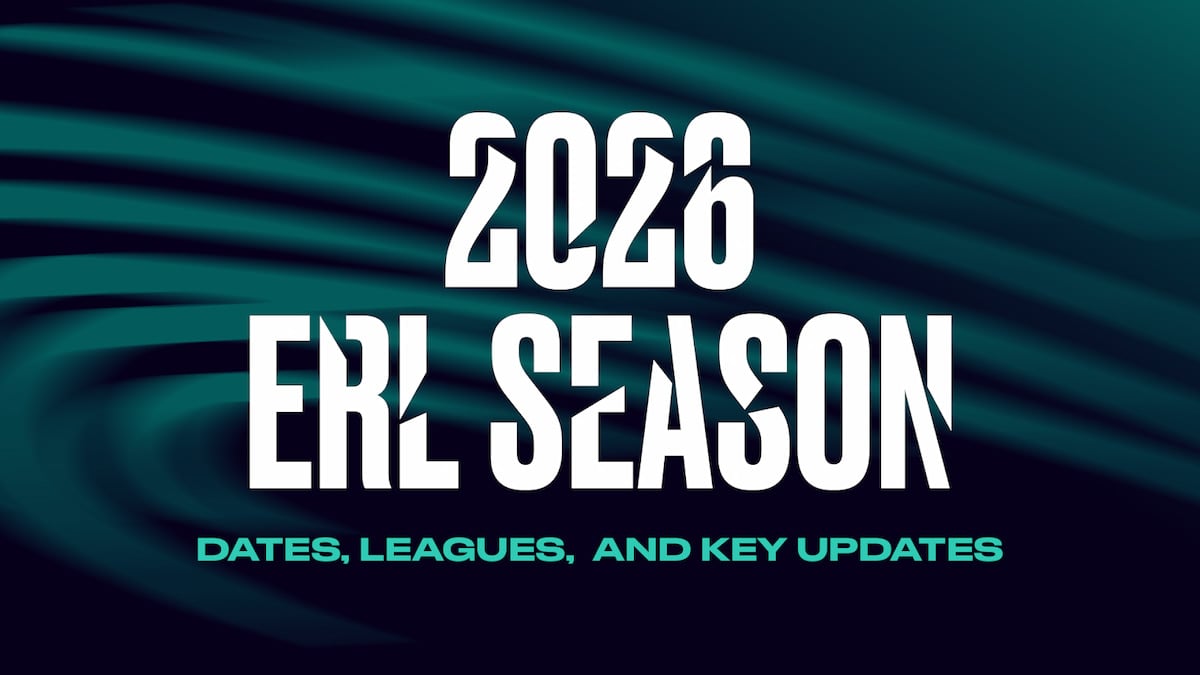
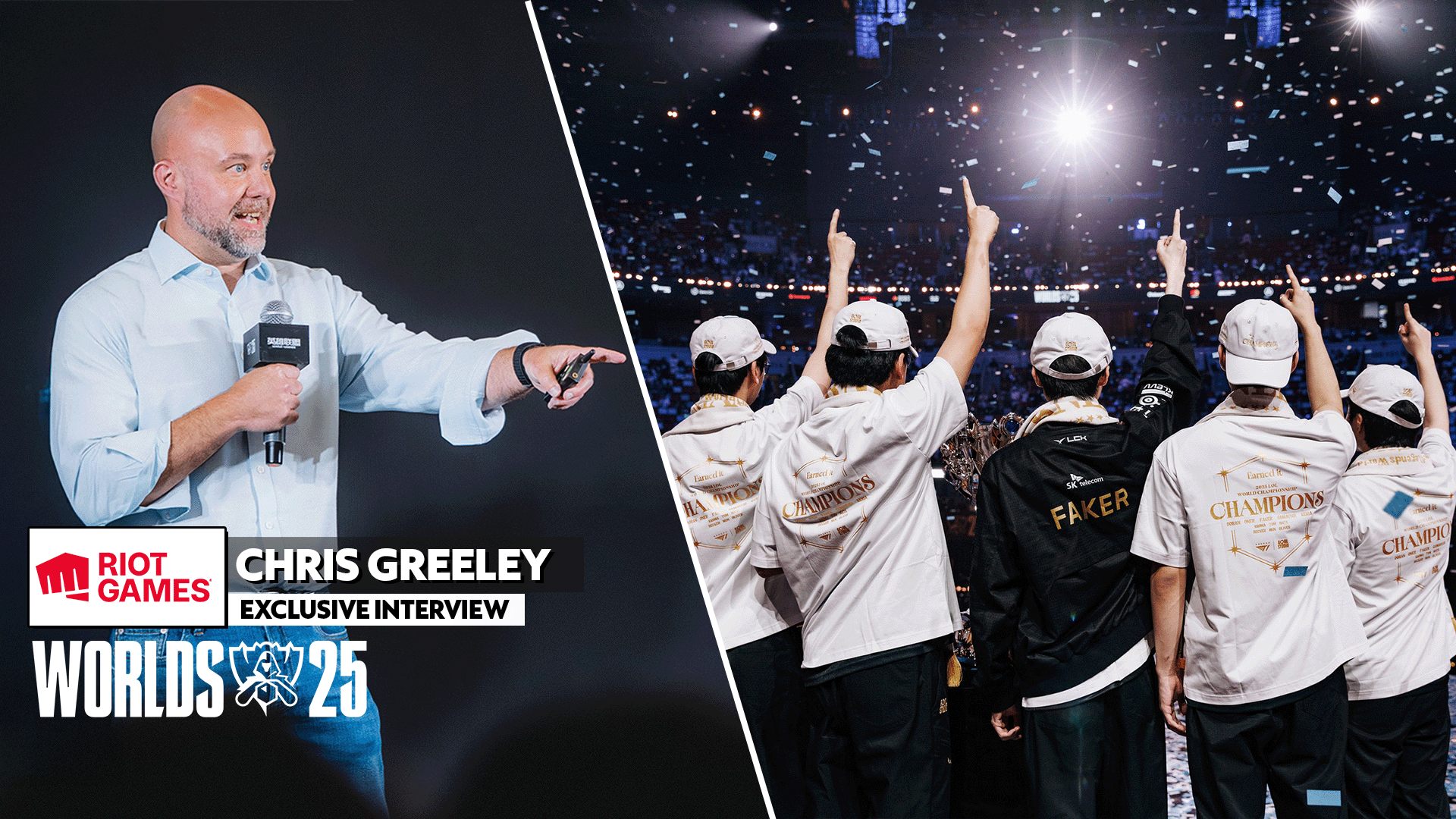
Published: Feb 17, 2015 03:06 pm